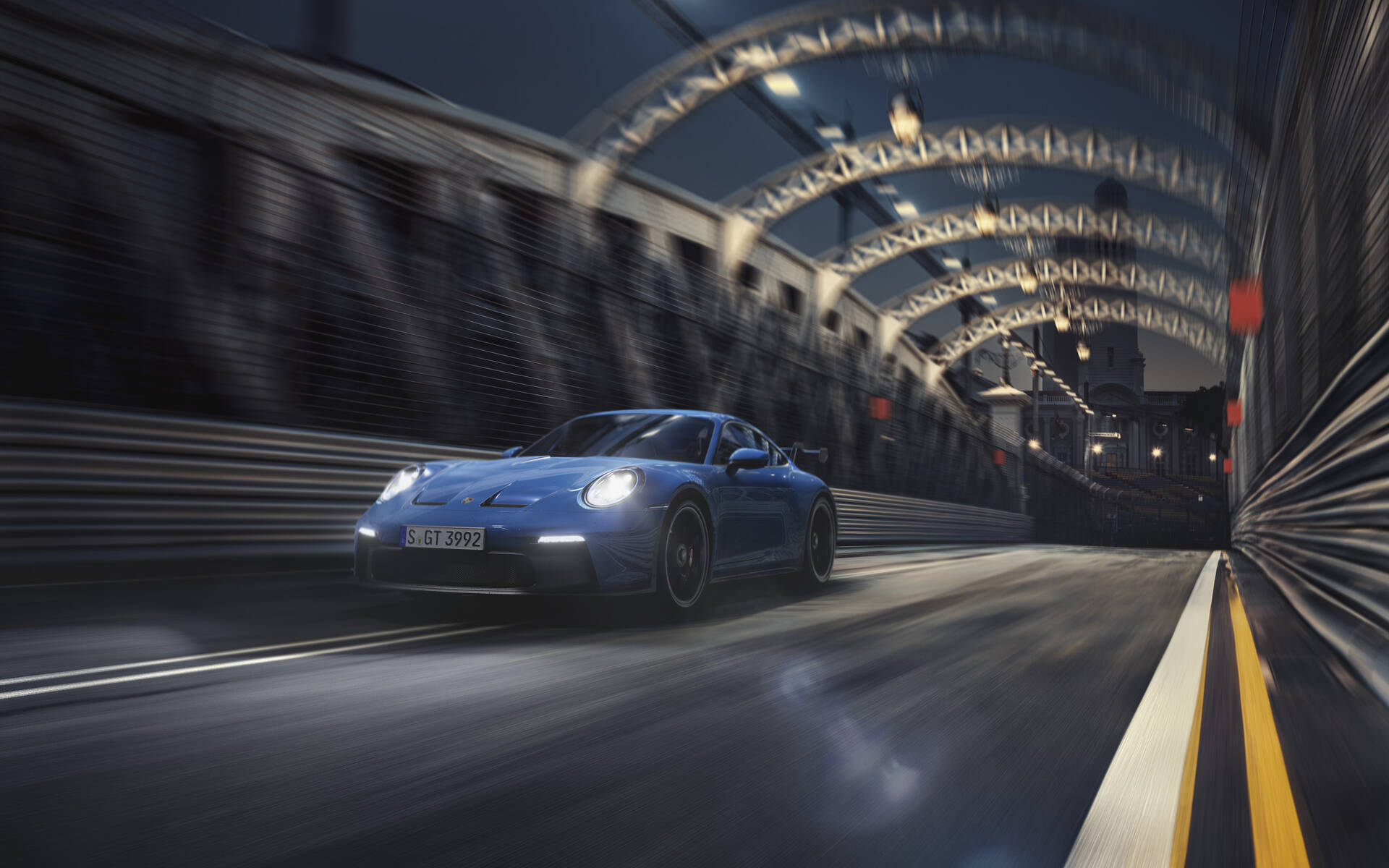Synthetic Fuels as Clean as EVs, Porsche Claims
The bell tolling for internal combustion engines is getting louder and louder. Around the world, governments including Canada are announcing plans to ban the sales of ICE-powered cars by the end of the next decade to make room for fully electric vehicles.
In the meantime, automakers are still looking for ways to make engines more efficient and cleaner. Porsche raised a few eyebrows during the recent introduction of the new 911 GT3.
- Also: Volvo to Stop Selling Gasoline Cars in 2025
- Also: Tesla’s New Low-cost Batteries to Make EVs as Cheap as Gasoline Cars
Speaking to Evo magazine, Vice President of Motorsport and GT cars Frank Walliser gave a few details about the development of Porsche's synthetic fuel, also known as eFuel. Specifically, he said ICE-equipped cars running on eFuel would be as clean as today’s EVs.
"From a 'well to wheel' perspective—and you have to consider the well to wheel impact of all vehicles—this will be the same level of CO2 produced in the manufacture and use of an electric vehicle," Walliser claimed.

By his calculation, when Porsche starts full production of eFuel (trials will begin in 2022), CO2 emissions will be reduced by 85 percent. On top of that, no modifications to current vehicles or the refuelling infrastructure would be required.
Synthetic fuels are produced by a complex process using water, hydrogen and carbon dioxide. The CO2 is filtered from the air and combined with hydrogen from the water to produce synthetic—and renewable—methanol which can be converted into gasoline, according to officials.
Is it just a fantasy or actually a viable solution for drivers and businesses that are nowhere near ready to make the switch to EVs? It might depend on production costs, distribution and prices at the pump.
Audi, Bentley, Mazda and McLaren have previously expressed interest in synthetic fuels, too, while Mercedes-Benz doesn’t believe in them and prefers to focus on electrification. Others point to ethanol-based E85 fuel, which exists since the 1990s but hasn’t earned mass approval.
One thing’s for sure: ICE-powered vehicles will continue to roam the Earth well after a sales ban, so anything that can make them greener deserves consideration.












